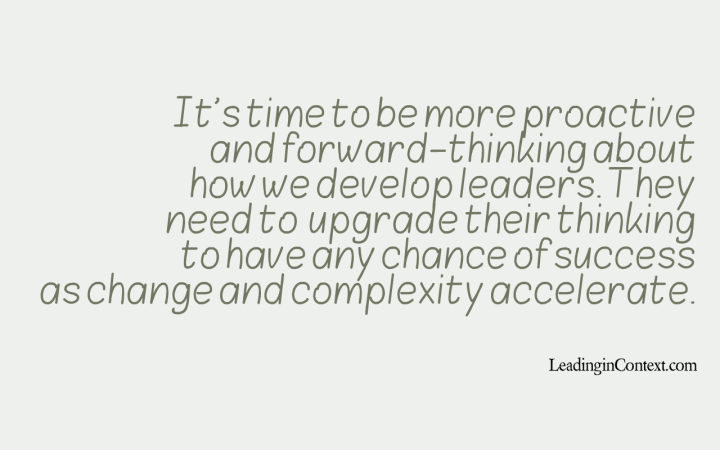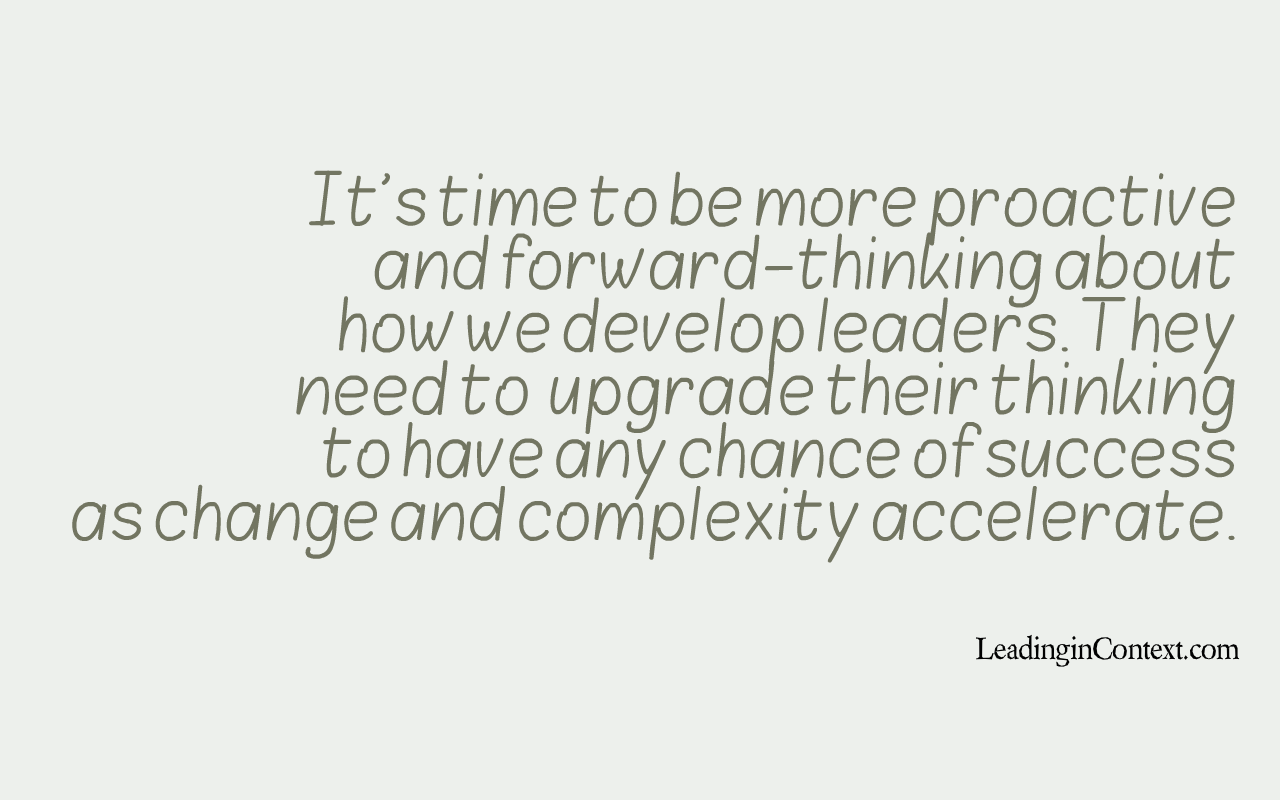
By Linda Fisher Thornton
We have learned that human DNA is not fixed, but changing. We all have DNA markers that are turned on or off by our life choices and experiences.
There are specific things educators do to enable ethical education. Like markers in our DNA, these important factors in education switch on responsible education. In their absence, a switch turns to “off” that damages people’s willingness and ability to learn.
Today I’ll take a look at some old and new approaches to education, and their ethical implications.
OLD WAY
- Make it hard to learn (trick questions, heavy homework load, hoops to jump through, conditions for failure)
- This is not ethical, since students are evaluated on their “performance” in school, their fear and worry about succeeding in the course dampens their ability to learn, and their grades impact their career options.
- Teach students WHAT to think (facts)
- This is not ethical because the purpose of education is to help students learn how to think for themselves so that they can handle any situation they will face in their lives. Teaching them what to think leads to closed-minded thinking, which sets students up for ethical failures.
NEW WAY
- Make it easy to learn (stretch their skills AND offer consistent support and conditions for success)
- Teach students HOW to think (how to interpret and evaluate information, how to spot “fake” facts, how to think through complex scenarios)
Take a hard look at your approach to learning. Is it based on the old or the new thinking? What changes can you make to ensure that you are “switching on” learner’s abilities to think for themselves and to act and lead ethically throughout their lives?

Unleash the Positive Power of Ethical Leadership
© 2009 – 2025 Leading in Context LLC
